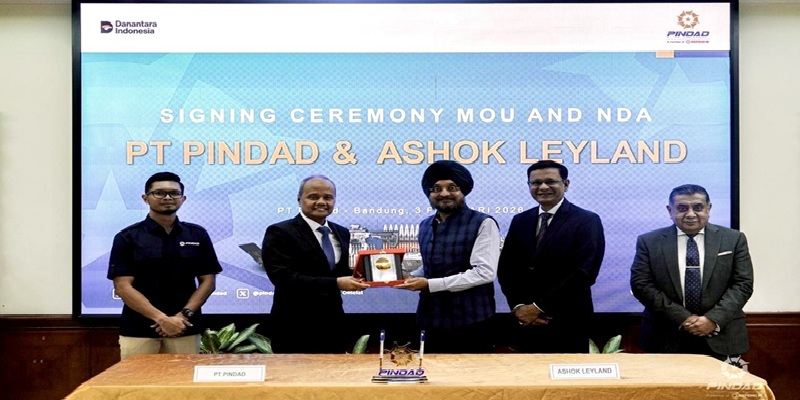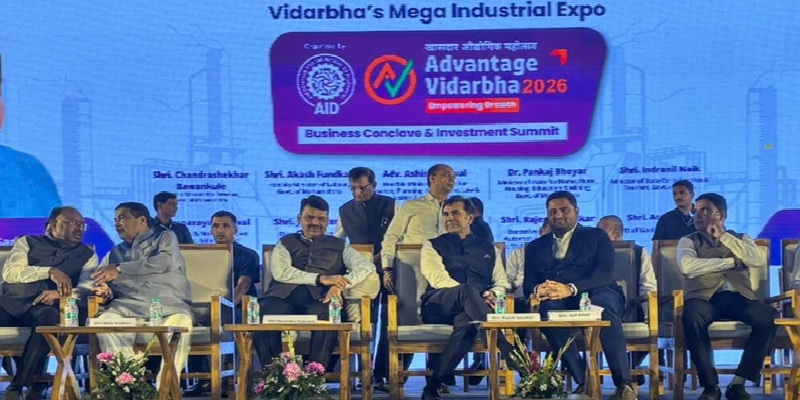Schedule a Call Back
Disposed PPEs can be transformed into biofuel: Observes study
 Industry News
Industry News- Aug 06,20

In a
bid to find a solution to the environmental concern over the increased use of
plastic for personal protective equipment (PPE), experts at the University of
Petroleum and Energy Studies, a private university in Dehradun, Uttarakhand
have found out – plastic from disposed PPEs can be transformed into renewable
liquids.
This study
was published in the peer-reviewed Taylor & Francis journal, Biofuels.
The COVID
pandemic gave birth to the new 10000 crore industry of personal protective
equipment (PPE) in a short span of 2 months.
Experts
from the University of Petroleum and Energy Studies have suggested a strategy
that could help mitigate the problem of dumped PPE – currently being disposed
of at unprecedented levels due to the current COVID-19 pandemic – becoming a
significant threat to the environment.
The
research shows how billions of items of disposable PPE can be converted from
its polypropylene (plastic) state into biofuels, which is known to be at par
with standard fossil fuels.
Dr
Sapna Jain, Lead Author of the study, explains that the transformation into
biocrude, a type of synthetic fuel will not just prevent the severe
after-effects to humankind and the environment but also produce a source of
energy.
“Presently,
the world is focusing to combat COVID-19, however, we can foresee the issues of
economic crisis and ecological imbalance also. We have to prepare ourselves to
meet the challenges which are forcefully imposed by the COVID-19 pandemic, so
as to maintain sustainability,†she explains.
There
is a high production and utilisation of PPE to protect the community of health
workers and other frontline workers of COVID-19. The disposal of PPE is a
concern owing to its material i.e. non-woven polypropylene.
The
proposed strategy is a suggestive measure addressing the anticipated problem of
disposal of PPE.
During
the current COVID-19 pandemic specifically, PPE is being designed for single
use followed by disposal. Once these plastic materials are discharged into the
environment they end up in landfill or oceans, as their natural degradation is
difficult at ambient temperature. They need decades to decompose. Recycling
these polymers requires both physical methods and chemical methods. Reduction,
reuse and recycling are the three pillars of sustainable development that can
help to prevent the disposal of plastic to the environment.
The
research team reviewed many related research articles as they looked to explore
the current policies around PPE disposal, the polypropylene content in PPE, and
the feasibility of converting PPE into biofuel.
In
particular, they focused on the structure of polypropylene, its suitability for
PPE, why it poses an environmental threat and methods of recycling this
polymer.
Their
conclusive findings call for the PPE waste to be converted into fuel using
pyrolysis. This a chemical process for breaking down the plastic at high
temperature – between 300-400 degree centigrade for an hour – without oxygen.
Co-author
Dr Bhawna Yadav Lamba believed, this process is among the most promising and
sustainable methods of recycling compared with incineration and landfill.
“Pyrolysis
is the most commonly used chemical method whose benefits include the ability to
produce high quantities of bio-oil which is easily biodegradable,†Lamba stated.
There
is always a need for alternative fuel or energy resources to meet our energy
demands. The pyrolysis of plastics is one of the methods to mitigate our energy
crisis. The challenges of PPE waste management and increasing energy demand
could be addressed simultaneously by the production of liquid fuel from PPE
kits. The liquid fuel produced from plastics is clean and have fuel properties
similar to fossil fuels.
Related Stories

SIAM advances India’s green mobility goals at 4th World Biofuel Day
SIAM’s 4th International Conference on World Biofuel Day highlights India’s achievements in ethanol blending, advanced biofuels, and sustainable feedstock strategies for clean mobility.
Read more
At Thermax, we are building next-gen captive plants: Kirtiraj Jilkar
The concept of captive power is constantly being redefined. The future lies in hybrid captive plants facilities that blend sources like solar, biomass, waste-to-energy, and traditional fuels with ad..
Read more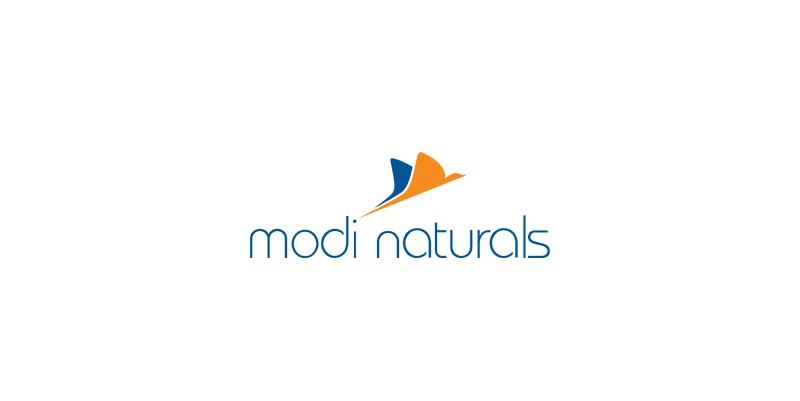
Modi Biotech expands ethanol production capacity with Rs 1 billion investment
The company's existing 130 KLD grain-based ethanol distillery, accompanied by a 5 MW captive power generation plant, has already established its presence in Raipur, Chhattisgarh. Modi Biotech has re..
Read moreRelated Products
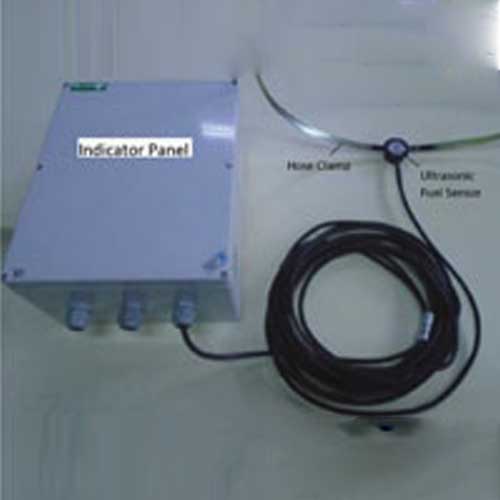
Techtrol Non-invasive Fuel Level System
Pune Techtrol Pvt Ltd offers a wide range of techtrol non-invasive fuel level system- ‘TNFS’ for preventing fuel seepage and theft.
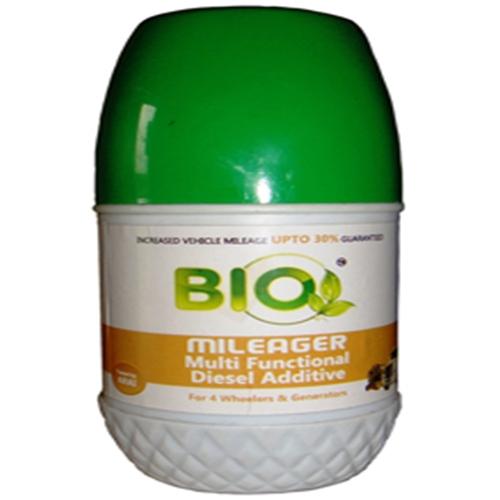
Bio Mileager Fuel Saver
Shreeniwas Innovations Pvt Lt offers Bio Mileager Fuel Saver. Bio Mileager Fuel Saver Multifunctional additive with unique Detergent & dispersant formula for all diesel engines. Bio Mileager Fu Read more
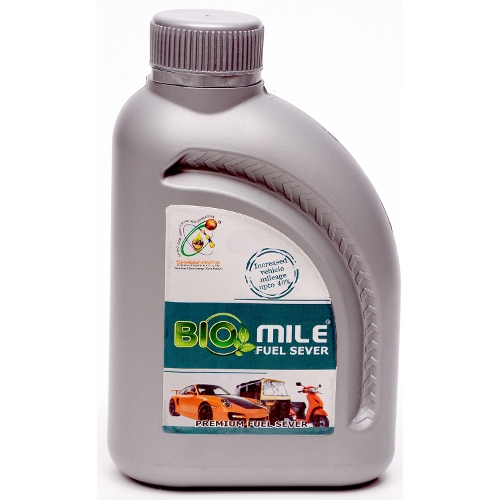
Bio Mile Fuel Saver
Shreeniwas Innovations Pvt Lt offers Bio Mile Fuel Saver. Bio Mile Fuel Saver is a100% herbal petrol additive. It is Multifunctional additive with unique Detergent & dispersant formula for all Read more






